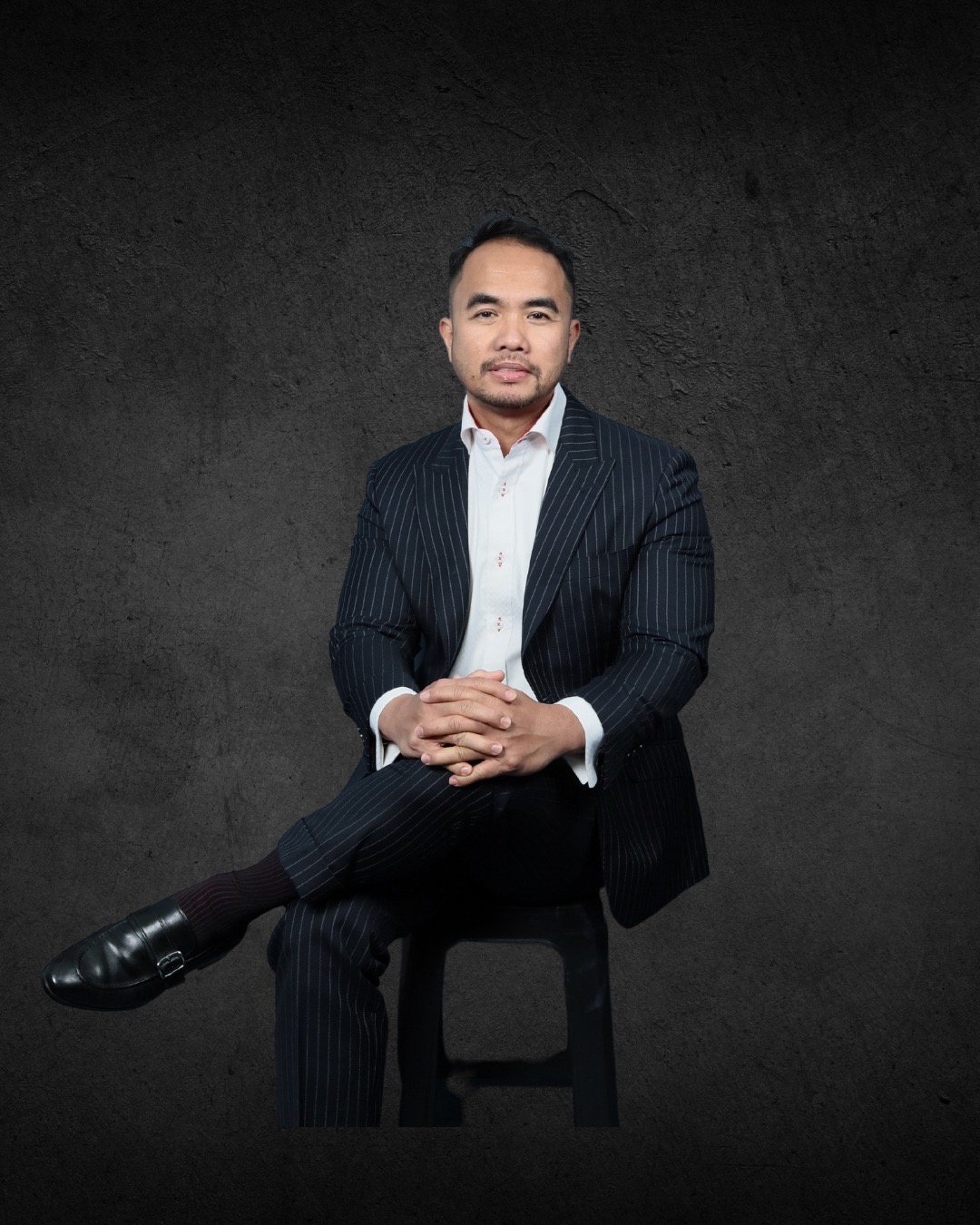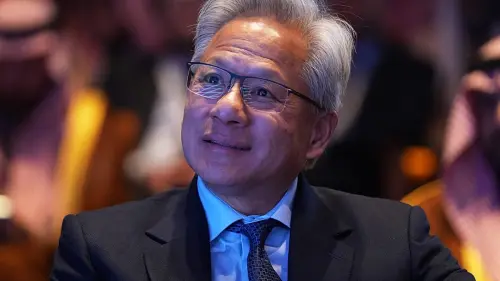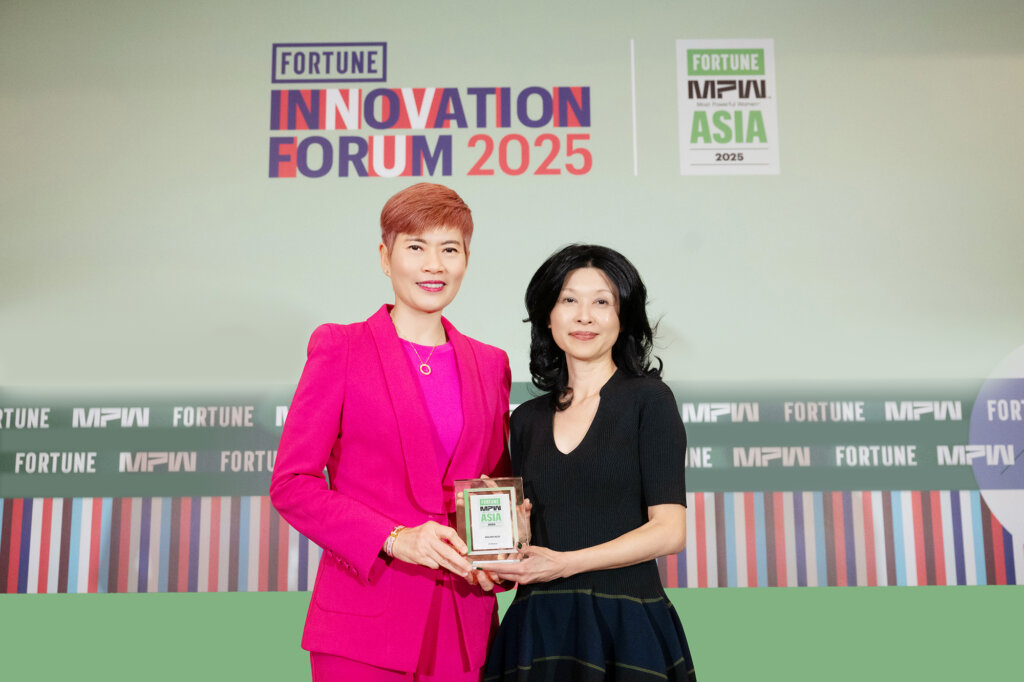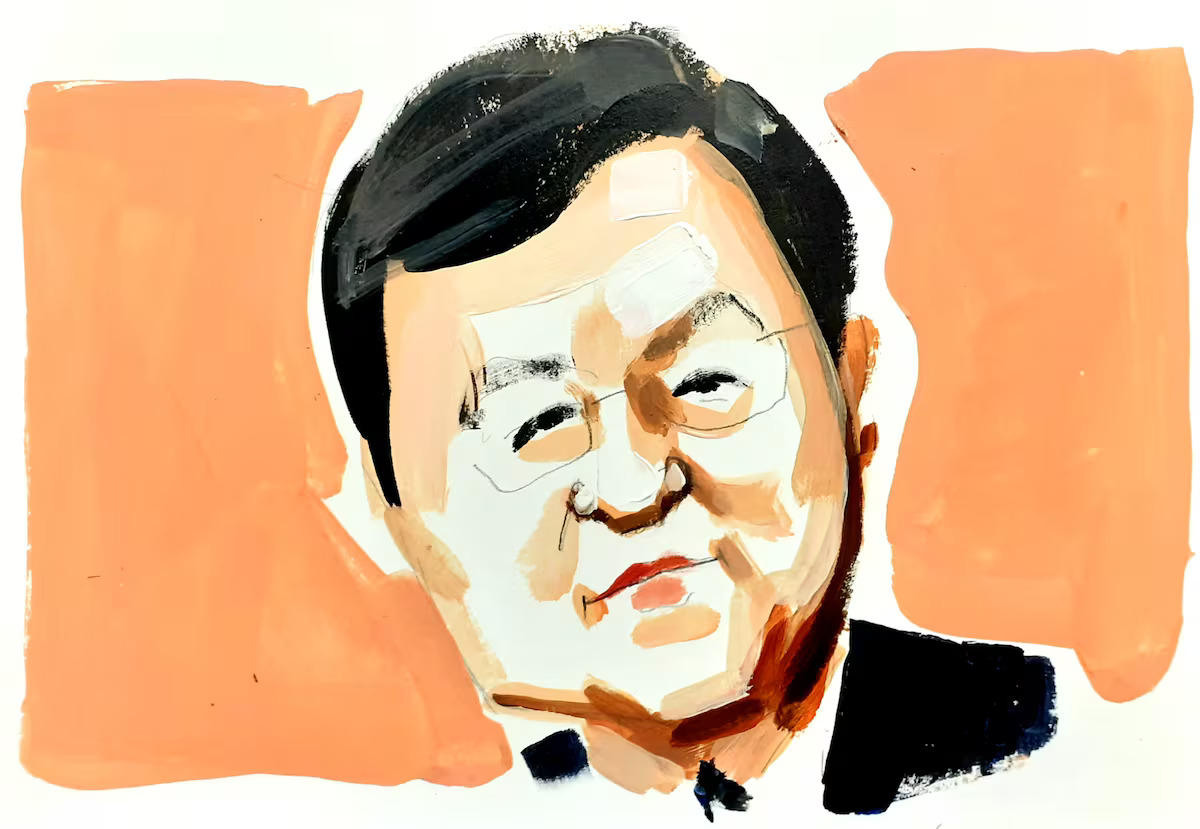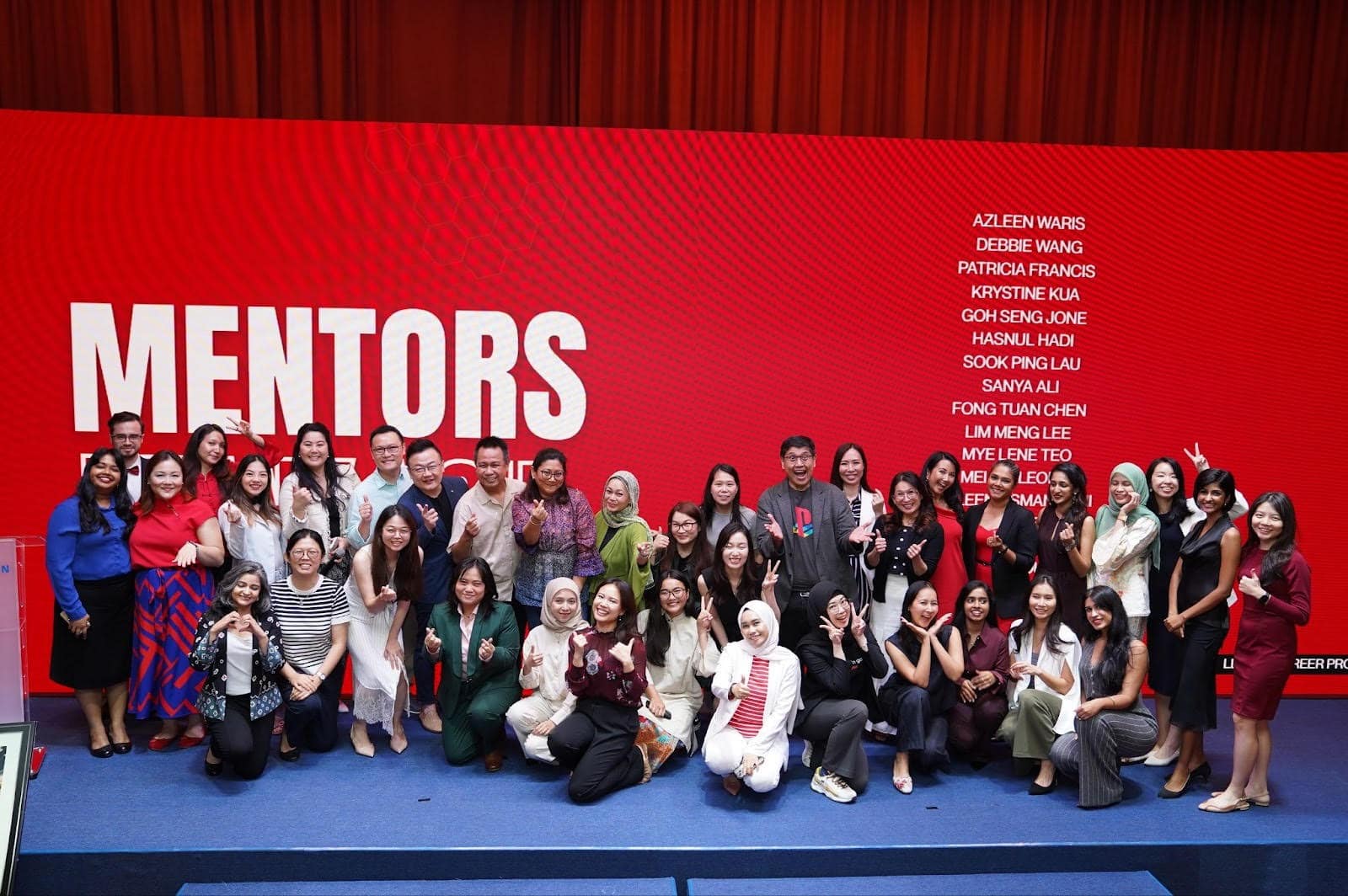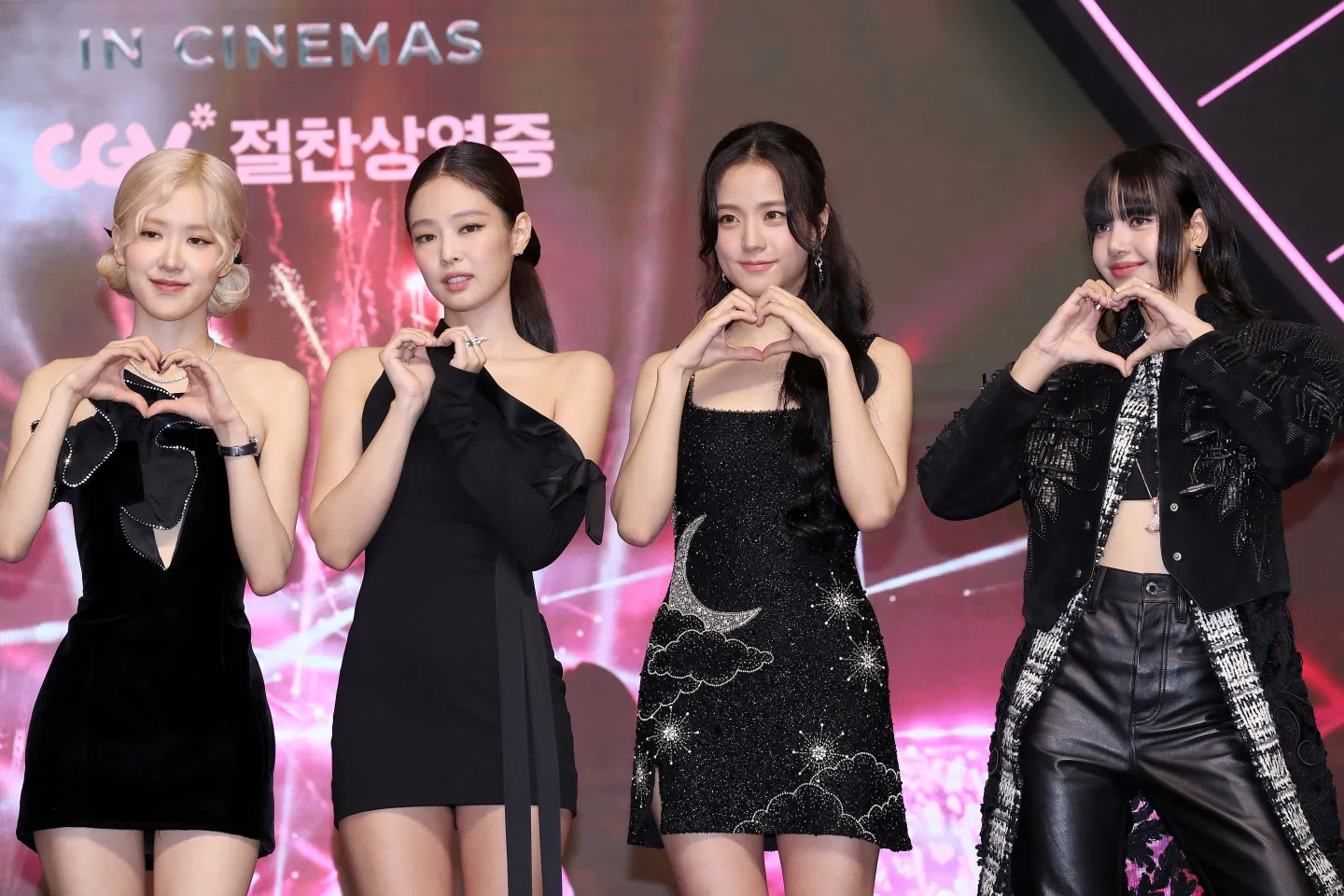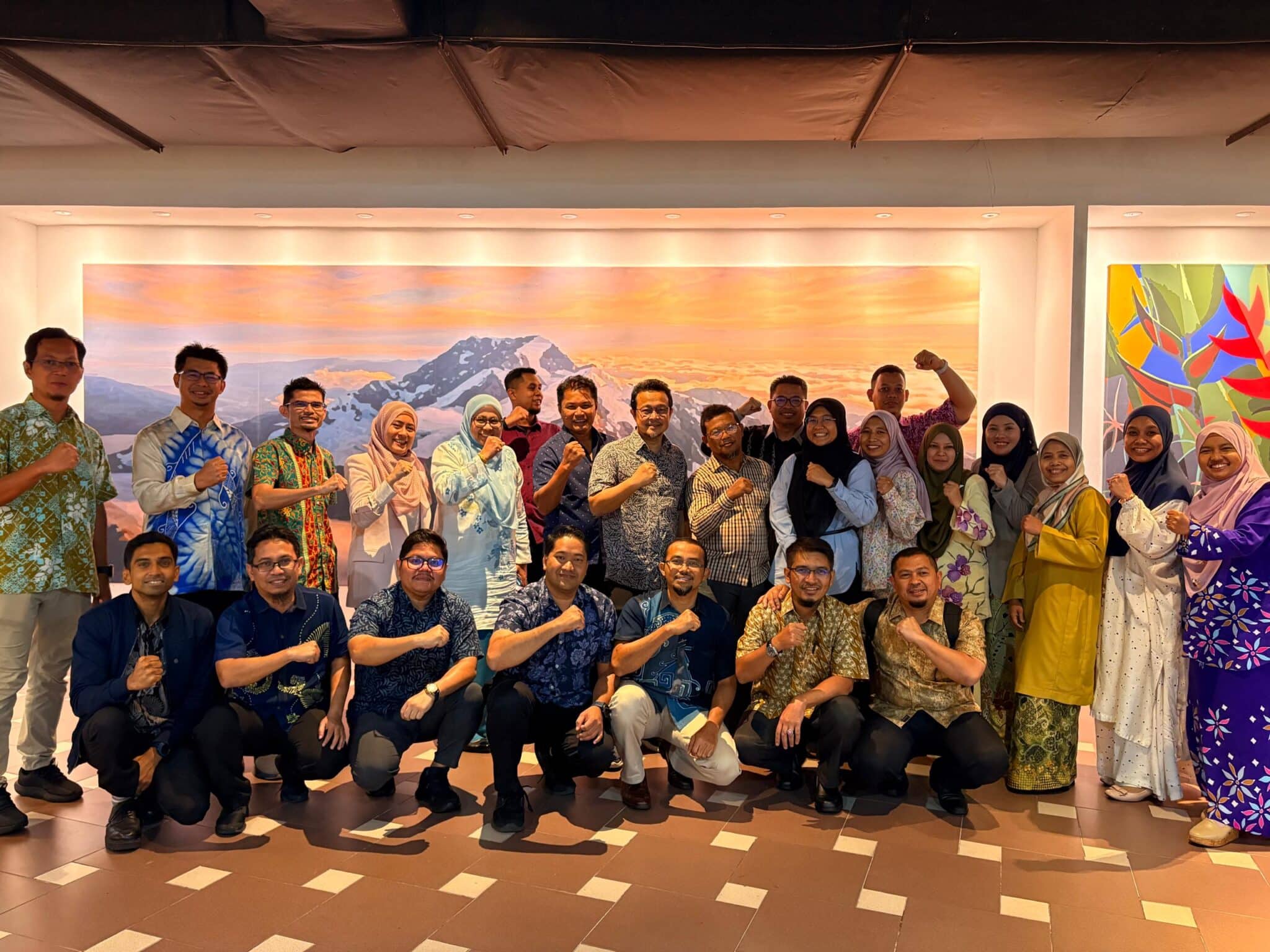One of the questions that often lingers in my mind when it comes to leadership and organisational development is this:
“How can we truly understand the needs and expectations of the younger generation — Gen Y and Gen Z?”
And more importantly, how do we retain them and keep them loyal and productive within the organisation?
We often hear complaints that these younger generations are easily bored, quick to job-hop, or are “too sensitive” to traditional workplace cultures.
But are we, as leaders and employers, genuinely aware of what they actually want?
In my search for answers, I came across an eye-opening book titled “Next Generation Leadership: How to Ensure Young Talent Will Thrive with Your Organization” by Adam Kingl. This book didn’t just address my concerns it offered concrete guidance on how leaders can reshape their approach to attract, engage, and retain young talents effectively.
Let me share a few key insights from the book that I found particularly relevant ; concise, practical, and timely for those of us looking for a fresh take on leadership in today’s workforce.
1. Gen Y & Gen Z Don’t Just Want “Jobs” — They Want “Purpose”
Adam Kingl emphasizes that today’s young talents don’t view a job as just a paycheck. They seek purpose and impact. If a task feels like it’s “just because the boss said so,” they quickly lose motivation.
How do we respond?
Coach and guide them by providing context. Show them how their tasks create value not just for the company but for the community and the world. Make the work meaningful.
2. They Value Flexibility and Autonomy
This generation is not fixated on the 9-to-5 model. They care more about outcomes than clock-ins. They appreciate being trusted to get the job done in their own way. If forced into rigid schedules, they’ll likely walk away.
What can we do?
Shift the focus from time-based performance to output-based KPIs. Give them the space to manage their time, as long as the results are delivered.
3. They Want to Be Seen as Individuals, Not Just Employees
The book also highlights that Gen Y and Z deeply value authentic relationships at work. They seek leaders who genuinely know them as individuals beyond just the roles they play or numbers they deliver.
How can we improve?
Adopt a coaching-style leadership. Ask personal, growth-oriented questions like:
“What’s one thing you’d like to achieve this year?” or
“What’s your biggest challenge right now?” and really listen.
4. They Need Real Growth Opportunities, Not Empty Promises
Career development is a key driver of loyalty among Gen Y and Z. If they don’t see growth, they won’t stay.
What should we implement?
Introduce Individual Development Plans (IDPs), mentorship programmes, or job rotations. Make growth a visible and genuine part of your organisational culture not just HR slogans.
5. They Expect Transparent and Accessible Leadership
Today’s young workforce values honesty, openness, and approachability from their leaders. They want to be part of discussions and decisions, not just passive receivers of instructions.
What should we change?
Cultivate a culture of two-way communication. Host regular Town Halls, encourage open feedback, or hold informal sessions with the CEO minus the rigid protocols.
The Old Manual No Longer Works
One thing is clear we can’t lead Gen Y and Z with the same playbook we used in the 90s. If we want to retain them, we must evolve not just for their sake, but for the sustainability of our organisations.
This book, in my view, is a must-read for any leader, manager, or entrepreneur who is serious about aligning their organisation with the needs of a new generation.
We can’t expect loyalty based on hierarchy alone but we can earn it through trust, opportunity, and a humanised approach to leadership.
Action Plan: How Organisations Can Practically Respond
Based on these insights, here’s a five-step action framework organisations can take to attract and retain Gen Y and Z talent:
1. Open and Approachable Leadership
Insight: Gen Y & Z are uncomfortable with rigid hierarchies. They resonate better with leaders who are warm, accessible, and non-authoritarian.
Actions:
Organise monthly “Open Floor” or Townhall sessions.
Practise open-door policies and foster two-way communication.
2. Flexibility is a Necessity, Not a Perk
Insight: Flexible hours and remote work represent trust, not luxury, to the younger generation.
Actions:
Officially implement flexible work policies.
Measure employee value based on outcomes — not just physical presence.
3. They Want Their Voice Heard
Insight: Gen Y & Z seek to be acknowledged and heard — they do not want to be “yes people.”
Actions:
Establish an “Innovation or Ideas Squad” for internal improvements.
Offer recognition and rewards for impactful suggestions.
4. Purposeful and Impactful Work
Insight: Employees stay loyal when they feel their work contributes to a bigger cause.
Actions:
Align your organisational mission with social or community values.
Share the real-world impact of their work during team briefings or monthly meetings.
5. A Safe Space to Fail and Learn
Insight: They thrive in environments where they can try, fail, and grow — without fear of blame or premature judgment.
Actions:
Shift from a blame culture to a learning culture.
Turn failures into team “retrospective” sessions, not misconduct reports.
If an organisation can understand and implement these shifts, it will not only attract the best young talents it will also build a workplace culture that is progressive, humane, and resilient for the future.
“May this reflection bring benefit. All that is good comes from Allah, and all shortcomings are mine alone.” — Azad Jasmi


